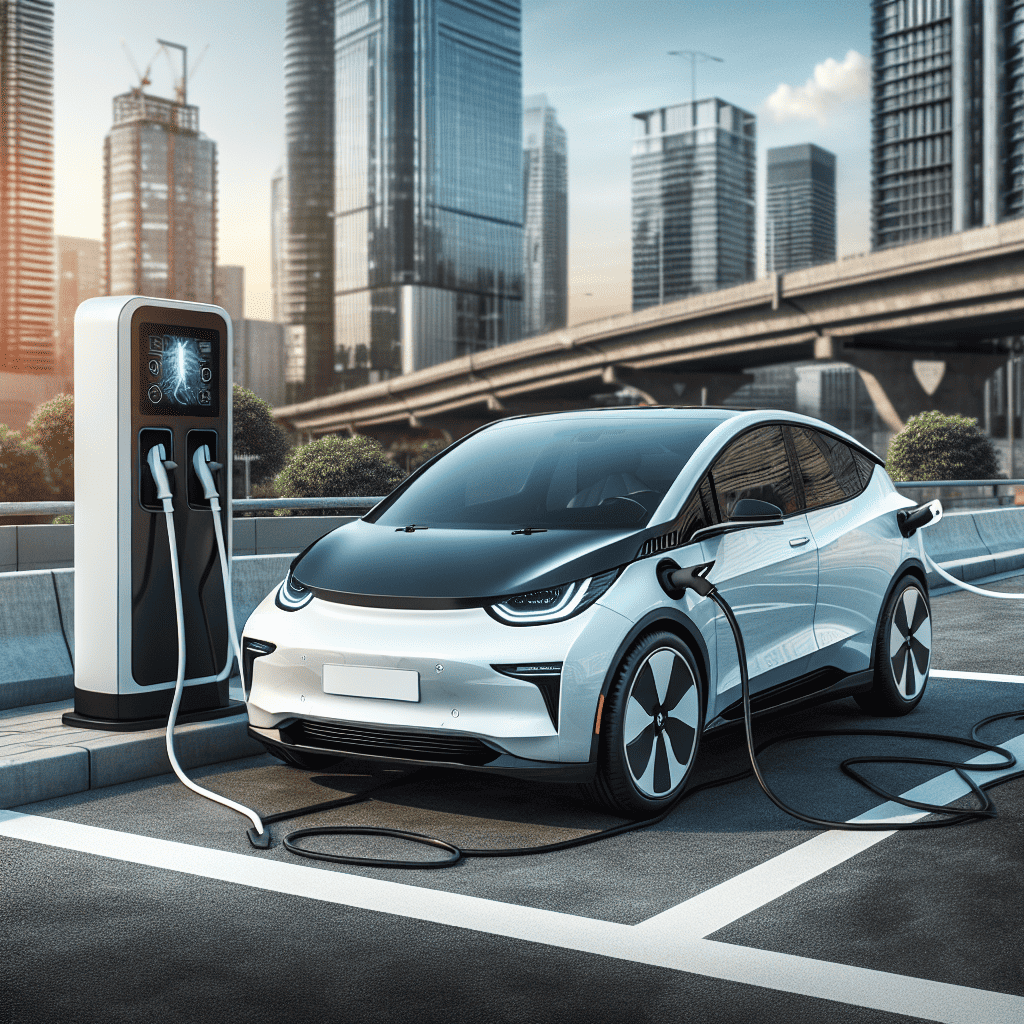In recent years, the transportation sector has witnessed an unprecedented surge in eco-friendly innovations aimed at reducing carbon emissions and promoting sustainable practices. As global awareness regarding climate change intensifies, the demand for cleaner, more efficient transportation options has become paramount. This article explores some of the latest advancements in eco-friendly transportation that are setting the stage for a greener future.
Electric Vehicles (EVs)
Electric vehicles continue to lead the charge in eco-friendly transportation. With improved battery technology and expanded charging infrastructure, EVs are becoming more accessible and convenient. Today’s electric cars boast longer ranges, faster charging times, and reduced costs, making them an appealing alternative to traditional fossil-fuel-powered vehicles. Governments and private sectors worldwide are investing heavily in EV technology, offering incentives and subsidies to encourage adoption.
Hydrogen Fuel Cell Technology
Hydrogen fuel cell vehicles represent another promising frontier. These vehicles emit only water vapor, offering a zero-emission alternative to traditional combustion engines. Advancements in hydrogen production and storage are making this technology more viable. Countries like Japan and South Korea are investing heavily in hydrogen infrastructure, with plans to integrate hydrogen-powered buses and trucks into public transport systems.
Micromobility Solutions
As urban centers become increasingly congested, micromobility solutions such as electric scooters, bikes, and skateboards offer a convenient and sustainable method for short-distance travel. These compact vehicles reduce the dependence on cars for city commuting, cut down on traffic and parking issues, and lower urban air pollution. Many cities are now incorporating micromobility options into their public transport systems, providing dedicated lanes and rental services.
Advancements in Public Transportation
Public transportation systems are also undergoing significant upgrades to become more eco-friendly. Innovations such as electric buses and trams are being deployed in cities worldwide. These systems are designed to operate efficiently on renewable energy sources, reducing the carbon footprint of mass transit. Additionally, smart transportation systems powered by data analytics are optimizing routes and energy usage, further enhancing sustainability.
Sustainable Aviation
The aviation industry is notoriously difficult to decarbonize due to the high energy demands of flight. However, progress is being made with the development of electric and hybrid aircraft for short-haul flights. Biofuels derived from sustainable sources are also being used to partially power conventional aircraft. Companies like Airbus are working on hydrogen-powered planes, aiming to revolutionize air travel with zero-emission flights.
Autonomous Vehicles
Autonomous vehicles (AVs) are expected to play a pivotal role in eco-friendly transportation. By optimizing driving patterns and reducing traffic congestion, AVs can significantly cut emissions. Their potential to seamlessly integrate with shared mobility platforms might reduce the number of privately-owned vehicles, resulting in less urban road congestion and pollution.
Urban Planning and Infrastructure
Efficient urban planning is crucial in supporting eco-friendly transportation. Cities are being redesigned to be more pedestrian- and bike-friendly, integrating green spaces and encouraging the use of public transport. Infrastructure developments such as solar-powered roads and energy-efficient transit hubs are being piloted to support sustainable transportation ecosystems.
Conclusion
As the world grapples with the effects of climate change, transitioning to eco-friendly transportation solutions is critical. The advancements highlighted above mark significant strides towards achieving a more sustainable future. Collaboration among governments, industries, and communities will be vital to accelerating these innovations and adopting practices that reduce our carbon footprint, ultimately paving the way for a cleaner, greener planet.
